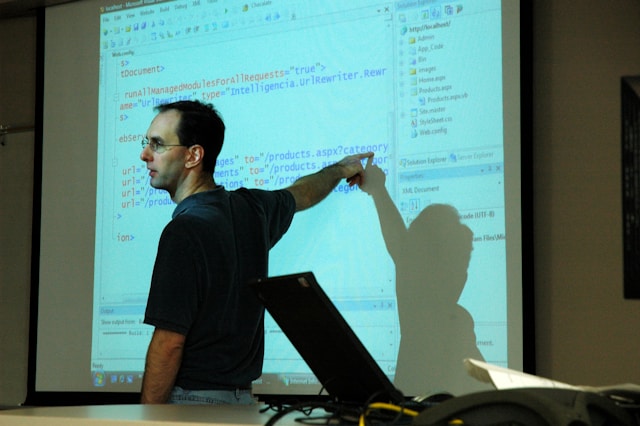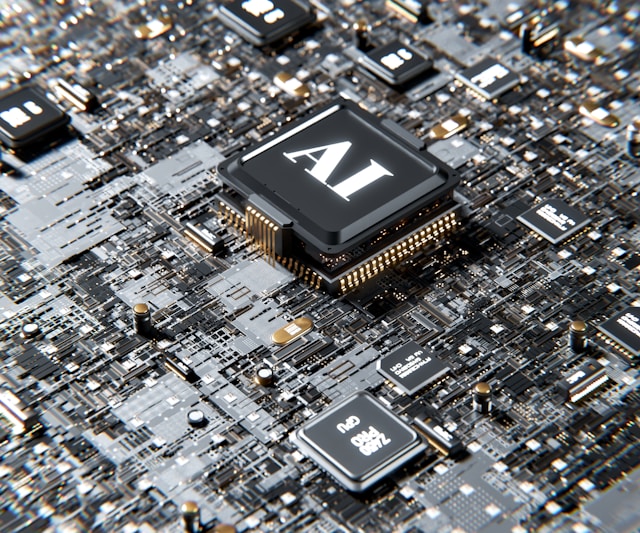AI is transforming industries, making people fear of losing their jobs. But many roles will evolve rather than disappear. Adaptability, continuous learning, and cultivating skills that complement AI will be key to thriving in an AI-driven world.
Jobs that are least likely to be affected by AI in the near future typically require a combination of human creativity, emotional intelligence, physical dexterity, or situational adaptability that current AI technologies struggle to replicate. Here are such roles across various fields:
1. Creative Professions
- Artists, Writers, and Designers: While AI can assist with creating art or generating text, jobs requiring deep creativity, innovation, and human cultural understanding—like screenwriting, brand strategy, or haute couture fashion design—are less at risk.
- Performing Artists: Actors, musicians, and dancers rely on uniquely human skills like improvisation and emotional resonance.

2. Healthcare Professionals
- Doctors and Surgeons: While AI can assist with diagnostics or robotic surgery, the decision-making, ethical considerations, and patient interaction required in medicine remain predominantly human tasks.
- Nurses and Caregivers: These roles require empathy, adaptability, and hands-on care, which are difficult for AI to replicate effectively.
- Mental Health Professionals: Psychologists, therapists, and counselors rely on deep emotional understanding and human connection.

3. Skilled Trades
- Electricians, Plumbers, and Carpenters: These jobs require high levels of dexterity, problem-solving, and work in unpredictable environments, which AI and robotics are not yet equipped to handle.
- Mechanics: While AI may assist in diagnostics, the actual repair work, especially in non-standard scenarios, requires human adaptability.

4. Education and Training
- Teachers and Professors: Although AI can supplement teaching, the role of educators in inspiring, mentoring, and understanding individual students cannot be fully replaced.
- Special Education Professionals: These roles involve tailored approaches that rely heavily on emotional intelligence and flexibility.

5. Management and Leadership
- Strategic Managers and Executives: High-level decision-making, strategic thinking, and understanding organizational culture are complex and human-centric tasks.
- Project Managers: Coordinating between teams, understanding human dynamics, and adapting to evolving challenges are skills that AI can support but not replace.

6. Emergency Services
- Firefighters, Paramedics, and Police Officers: These roles require split-second decisions, physical action in unpredictable situations, and human judgment.

7. Jobs Requiring High Emotional Intelligence
- Customer Service (High-Touch Roles): While AI chatbots handle simple queries, roles requiring emotional understanding and complex problem-solving remain human.
- Human Resources Professionals: Tasks like conflict resolution, employee development, and fostering workplace culture require interpersonal skills AI cannot replicate.

8. Ethical and Legal Professionals
- Lawyers (Complex Cases): While AI tools can assist with research and drafting, strategic thinking, courtroom advocacy, and ethical judgment remain human domains.
- Ethicists: Navigating the moral implications of technology and societal changes requires uniquely human deliberation.

Why These Jobs Are Safe:
AI is excellent at repetitive, data-driven tasks but struggles with:
- Creativity and Innovation: Generating genuinely new ideas.
- Complex Human Interaction: Understanding context, emotions, and culture.
- Physical Dexterity in Unstructured Environments: Handling non-standardized tasks.
- Ethics and Judgment: Making nuanced decisions with moral or social implications.

